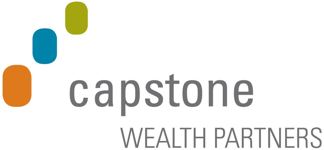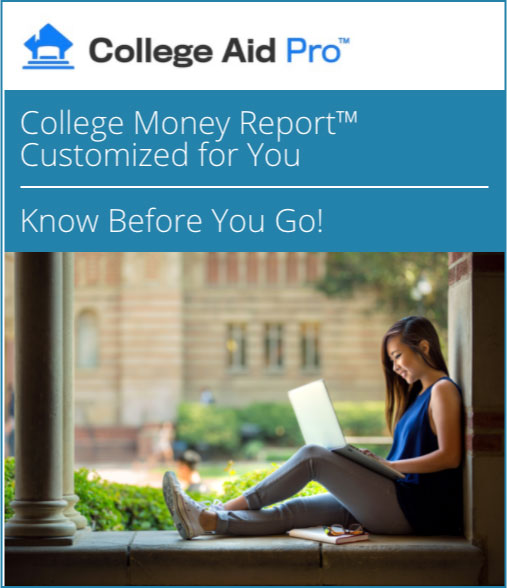How Much Do College Textbooks Cost
By Joe Messinger, CFP®
September 6, 2018
Tuition, room, and board…those are the big ticket, cringe-worthy costs of going to college. However, parents would be wise to take a moment to think about the high cost of college textbooks. These costs can not be ignored.
Many of us may be thinking that with the explosion of online shopping, the prices must be coming down. Isn’t Amazon making books cheaper?! How about these facts?
- Over the past 10 years, the average cost of college textbooks has risen four times faster than the rate of inflation.
- Since 1978, college textbook costs have increased 812%.
- According to the College Board, the cost of textbooks and supplies averages about $1,250 per year.
What is causing these high prices?
First, while there are a few small publishers, the vast majority of textbooks are published by five major companies. These publishers control more than 90% of the $8.8 billion market. They have a corner on the market.
Another more recent development is in the inclusion of online access codes with textbooks. These codes provide online access to supplemental material and are only good for one year. Gone is the ability to buy a used textbook from last year. The access code will no longer be valid.
Finally, the student is not in charge of the decision. The professor decides what book to buy. They may decide (perhaps without much consideration of the cost) to require the most recent, most expensive edition of a certain book. Students have no choice but to accept that decision and buy from their local bookstore. The bookstore does not need to offer the lowest costs. They have a captive audience.
How can you save money on textbooks?
Some good news? The student today does have options–sometimes. In addition to the new, used, and rented options we had in the past, more and more textbooks are available in an online version. Online textbook downloads are instantly available without waiting for shipping. Today’s students are much more comfortable using an online format than their parents may be.
Students can also shop online and compare to save money. Some online retailers like Chegg.com, eCampus.com, and Amazon.com are good options just to name a few. Often they provide free shipping over a certain amount. (A note about shopping online…be sure to have the ISBN number handy for an easier search.)
About those access codes…ask the professor if they are really needed. Perhaps a used textbook can be purchased if the code is really just extra and not necessary for the course. In addition, some publishers are starting to sell the access codes separately. Do a little research on the book to find out–perhaps check the publisher’s webpage.
A long-standing college tradition is the end-of-the-year college sell back of textbooks. If a book is not one a student wants to hold on to after that semester, sell it back. Online retailers also will buy back books from students. Renting books and returning them at the end of the semester is becoming increasingly popular.
Weigh the options.
Your student probably has a preferred learning style. Can they be comfortable and successful using an online version of a textbook? Is used (and marked up) Ok? Or do they work best with a pristine, brand new textbook? Sometimes the choice is not about the money, but about what is available (not every textbook will have a used version or online download for sale) and what works best for the student.


